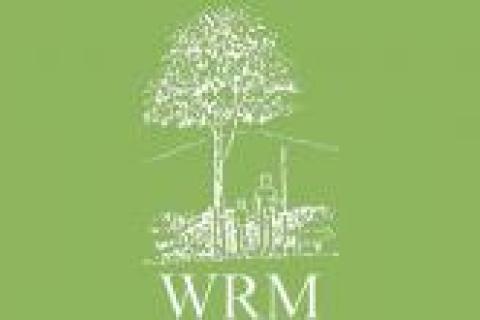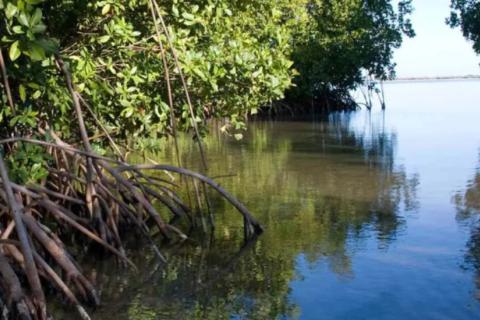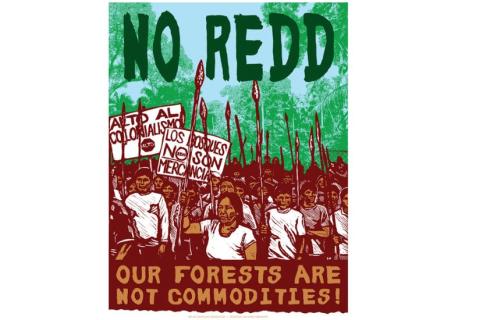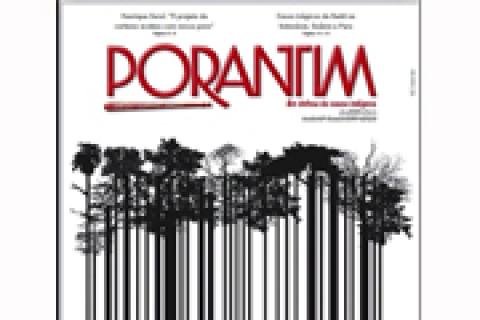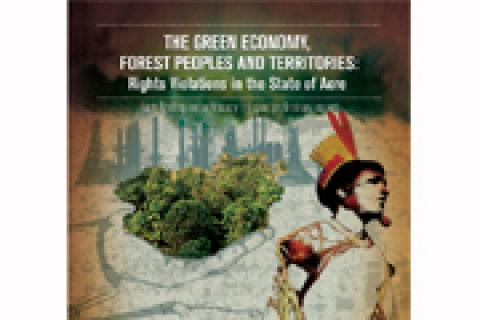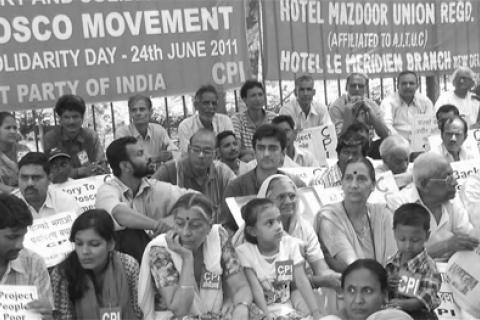A new report by the Oakland Institute introduces the term ‘carbon violence’ to describe the impact of Green Resources’ plantation operations in Uganda on local communities and their environment. Green Resources is a Norwegian-registered plantation company with 41,000 hectares of plantations in Mozambique, Tanzania and Uganda. The company’s plantations, certified under FSC, are used for timber products and generate carbon credits.
Other information
A Friends of the Earth report looks at specific case studies which demonstrate that REDD projects can facilitate rather than prevent the continued use of fossil fuels; exacerbate tensions over land and resource rights; have significant negative impacts on forest-dependent Indigenous Peoples and local communities; threaten food security; and even endanger forests. Some REDD projects have also faced significant financial difficulties, wasting considerable amounts of public funding.
An article by Brazilian organizations FASE Amazonía, Grupo Carta de Belém and Fórum de la Amazonía Oriental, published by the newspaper “Aldeia”, challenges the myth – rooted in the carbon market – that the energy produced by hydroelectric plants is ‘clean’ energy, that is, an energy source that does not create polluting emissions.
Through a series of articles, this report, from the organization Focus on the Global South, denounces how land, forests and water are being captured and enclosed for a range of purposes: industrial agriculture, tree plantations, hydropower, extractive industry, tourism, physical infrastructure, real estate development, Special Economic Zones and, quite simply, for financial profit through the construction of new markets.
The video from “If Not Us Then Who?” follows the aftermath of the murders of four indigenous leaders and activists, including Edwin Chota, in Peru. Through their widows and friends we learn about their ongoing fight for land titling. This story is one of many examples of Indigenous Peoples defending the forest and paying the ultimate sacrifice. The video was released in conjunction with a new report from the NGO Global Witness, “Peru's Deadly Environment”.
This briefing addresses the promotion of ‘Blue Carbon’ initiatives, also known as ‘Blue REDD’, a new trend focused on trading the ‘stored’ carbon on marine and coastal territories, especially mangrove forests.
This publication addresses a new version of REDD, known as ‘Landscape REDD’, which is just as much of a false solution to climate change as the original version. Landscape REDD is aimed at encompassing besides forests, agricultural fields and practices. This trend remains a top-down approach, and focuses on protecting and promoting agribusiness, to the detriment of indigenous peoples and peasant farmer communities.
Only available in Portuguese.
A financeirização da natureza significa o aprofundamento radical do capitalismo e, ao mesmo tempo, configura-se como um neocolonialismo. Os povos indígenas e as comunidades tradicionais são os principais impactados por esta lógica perversa, que transforma a natureza em mercadoria e agrava ainda mais a desigualdade social.
Fact-finding and advocacy mission preliminary report, by Cristiane Faustino y Fabrina Furtado
Download the preliminary report as pdf here
